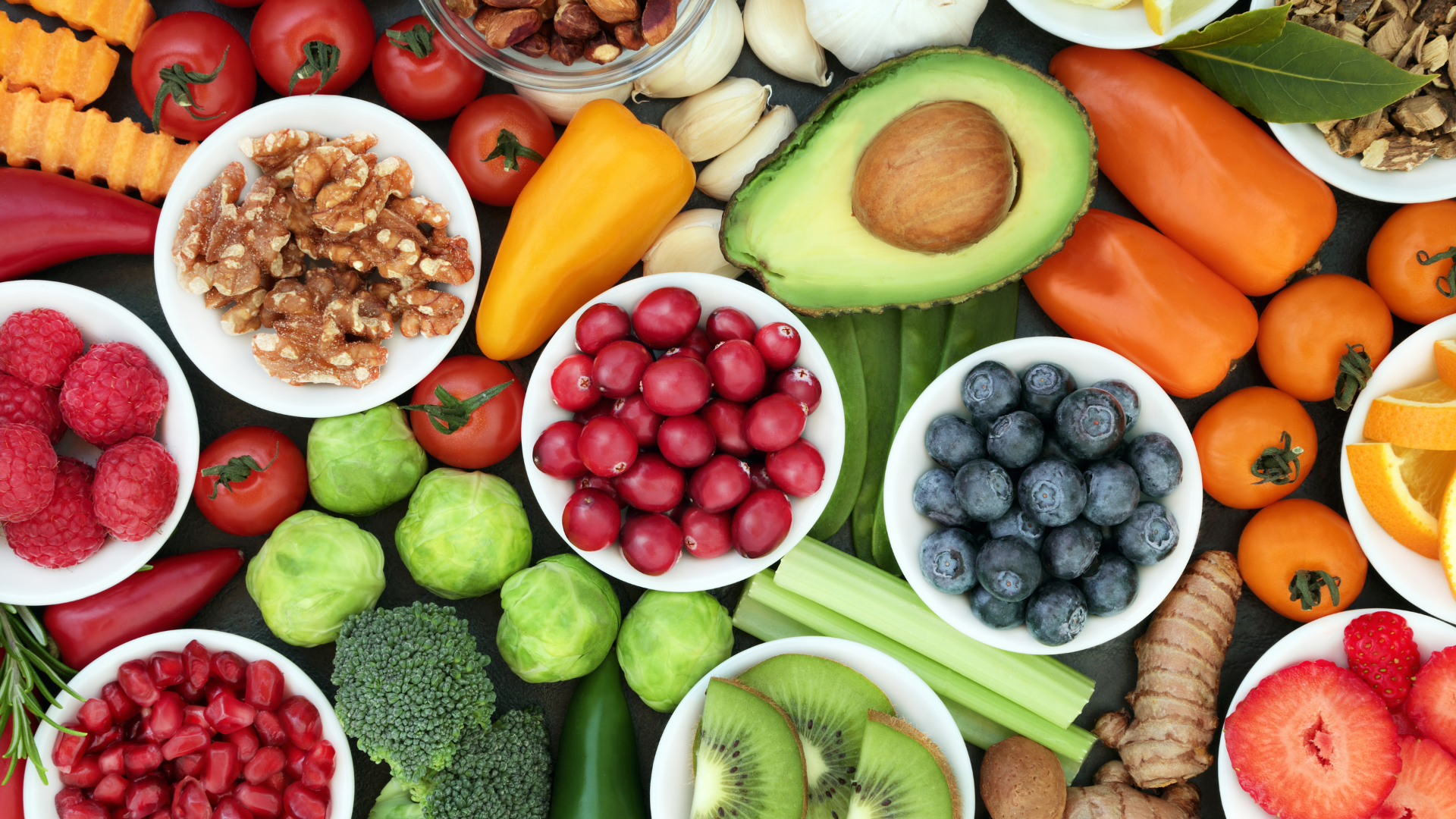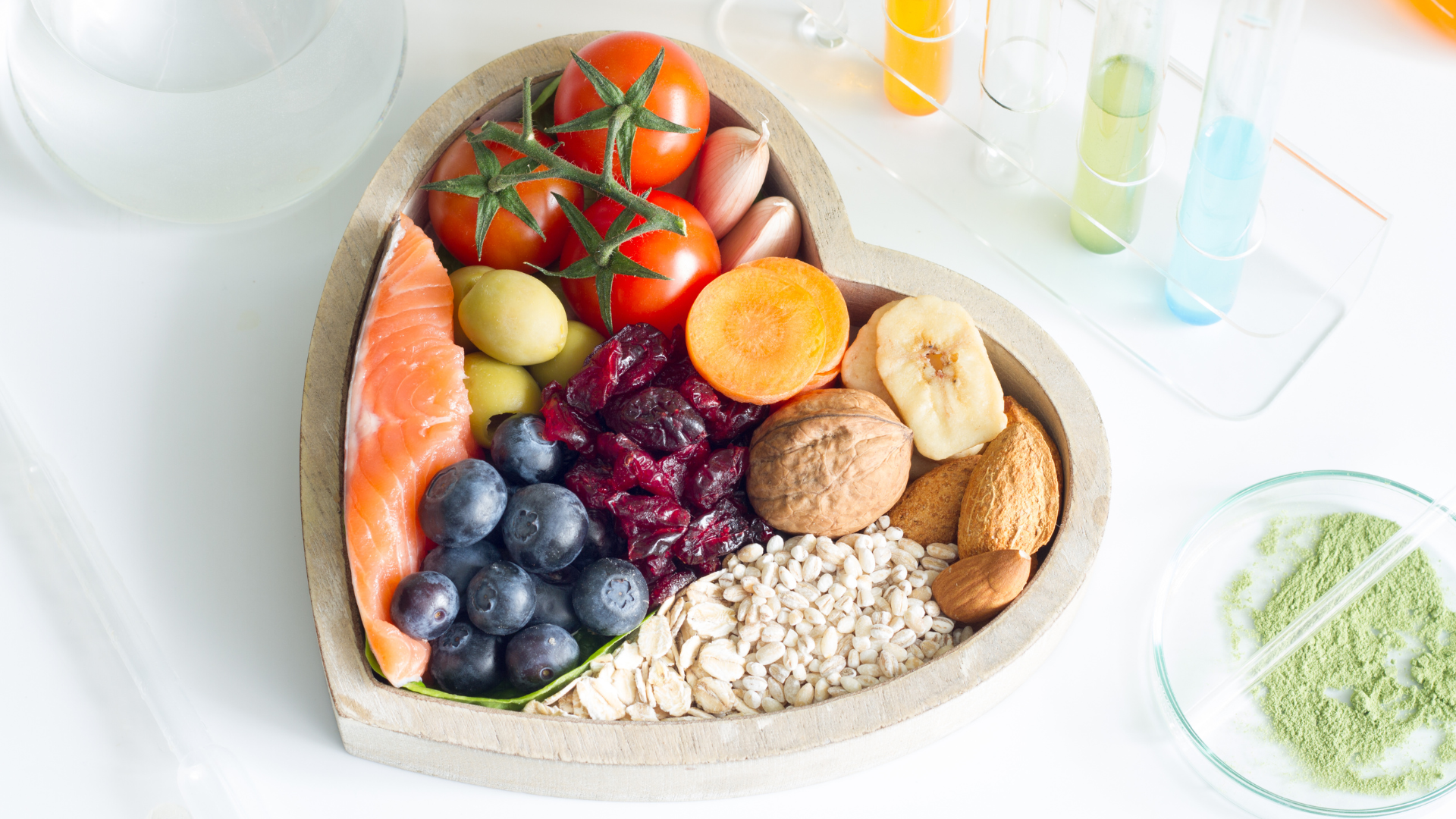Travel-Friendly Tips to Stay Clean and Sanitized on Buses, Trains, and Public Transport
Whether you're commuting as a student or worker, staying clean and sanitized on public transportation is essential to maintaining your health. Buses, trains, and other shared spaces can be breeding grounds for germs, especially during busy hours. To help you stay safe while traveling, here are some travel-friendly tips to keep clean and sanitized while on the go.
1. Carry Hand Sanitizer and Disinfectant Wipes 🧴🧻
Public transportation often means touching shared surfaces, like railings, seats, and doors. To minimize your risk of picking up germs, make sure to carry hand sanitizer with at least 60% alcohol and disinfectant wipes for quick clean-ups.
- How to do it: Keep a small bottle of hand sanitizer in your pocket or bag for easy access after touching surfaces. Use disinfectant wipes to clean armrests, tray tables, or any area you’ll be in contact with before sitting down.
2. Wear a Mask in Crowded Spaces 😷
Although mask mandates may have been lifted in some areas, wearing a mask in crowded public spaces, especially on buses and trains, can still provide an added layer of protection from airborne germs.
- How to do it: Keep a mask in your bag or pocket and wear it when social distancing isn’t possible, particularly during peak travel hours or flu season. Opt for a comfortable, breathable mask to make wearing it for long periods easier.
3. Avoid Touching Your Face 🚫🤲
One of the easiest ways to transfer germs from surfaces to your body is by touching your face. Germs on your hands can quickly enter your body through your eyes, nose, or mouth, so try to avoid touching your face during your commute.
- How to do it: Stay mindful of your hand movements and, if you need to adjust your glasses, hair, or mask, use the back of your hand or a clean tissue. Always sanitize your hands before eating or touching your face.
4. Opt for Contactless Payments 🛂💳
Many public transport systems now offer contactless payment methods, such as using mobile apps or tap-and-go cards. By reducing the need to handle physical money or tickets, you can minimize the number of surfaces you touch.
- How to do it: Whenever possible, use your phone or contactless cards for bus or train fares. Many transit apps also allow you to purchase tickets in advance, so you don’t have to touch kiosks or ticket machines.
5. Keep Your Belongings Clean 🎒🧼
Your bags, phone, and other personal items can collect germs when placed on public surfaces. Wiping down your belongings after travel can help reduce the spread of bacteria to your hands and home.
- How to do it: Use disinfectant wipes or a sanitizing spray to clean your phone, headphones, and bag handles after each commute. Consider placing a small towel or disposable napkin under your bag on seats to prevent direct contact with potentially dirty surfaces.
6. Wash Your Hands After Traveling 🖐️🧼
Washing your hands with soap and water is one of the most effective ways to remove germs. While hand sanitizer is helpful during your trip, washing your hands thoroughly as soon as you reach your destination ensures that any lingering germs are washed away.
- How to do it: As soon as you arrive at your destination, make it a habit to wash your hands for at least 20 seconds with soap and water. If you're unable to do so right away, use hand sanitizer until you can.
Staying clean and sanitized while traveling on public transport is essential for protecting your health, especially when you’re navigating crowded buses and trains as a student or worker. By practicing these simple hygiene habits, you can significantly reduce your exposure to germs and keep yourself and those around you safe. Remember to stay mindful, prepared, and clean during your commute!





